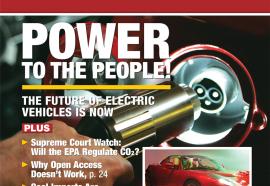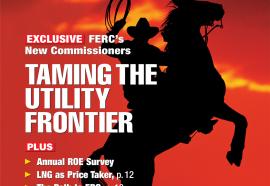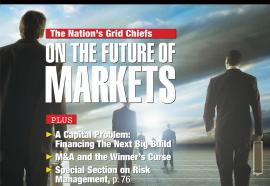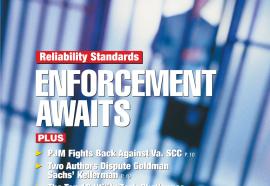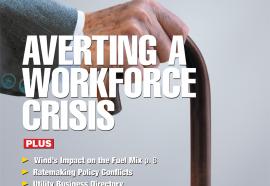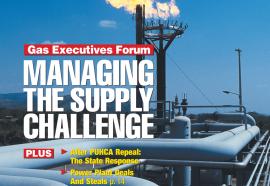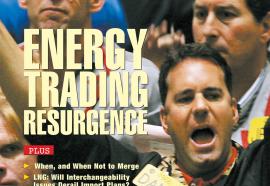Casino Royale?
Utilities place billion-dollar bets on infrastructure, but the deck may be stacked against them.
Something seems deeply disturbing about the utility industry these days. An almost palpable tension rises whenever the utility CEO is asked how he will build enough power plants to meet the skyrocketing demand for power. Some consultants predict that sometime after this decade the time will come when utilities won’t be able to build enough to meet demand, no matter what they try.

